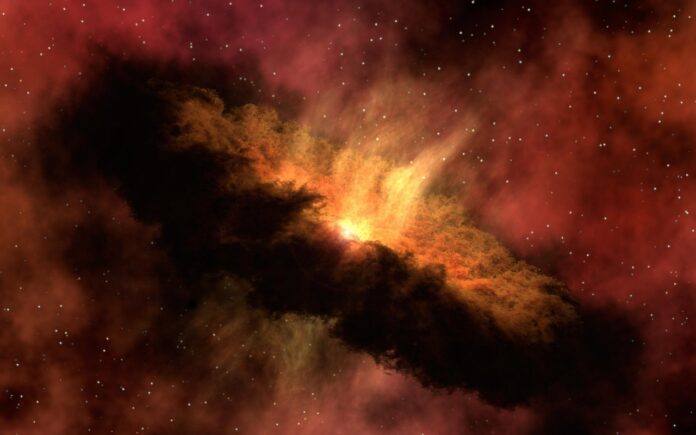The Big Bang Theory is a scientific theory that was first proposed in the 1920s by Georges Lemaître. It was later expanded on by Edwin Hubble in 1929 and then finally accepted as a law in 1948.
The Big Bang Theory is one of the most well-known theories of modern science and it has been proved to be correct, with evidence from many different sources.
The Big Bang Theory, or the theory that the Universe started from a single point, is one of the most famous theories of modern science. It was first proposed by Georges Lemaître in 1927 and it was later expanded on by Edwin Hubble in 1929. The theory finally became accepted as a scientific law in 1948 after much research and evidence had been gathered.
The Big Bang Theory: How Will it Affect the Future of Technology?
A Brief History of the Big Bang Theory
The Big Bang theory is the most accepted theory of how the universe began. It states that the universe was formed as a result of a single event that occurred approximately 13.8 billion years ago. The Big Bang Theory is an expansion on Albert Einstein’s General Theory of Relativity.
The Big Bang Theory is also called the “creation story” for modern cosmology, which is the study of what happened to cause and shape our universe as we know it today.
How Will the Big Bang Affect the Future of Technology?
The Big Bang Theory is a scientific theory that states that the universe was created from an explosion of sorts. It has been a major influence on the future of technology, as well as how we see our universe and its creation.
The Big Bang Theory has changed how we think about our universe and how it was created. It has also changed the way we think about future technologies, which will be influenced by this theory. The theory of the Big Bang, or the universe’s origin, has changed how we think about our universe and how it was created. It has also changed the way we think about future technologies, which will be influenced by this theory. The Big Bang Theory really came out in 1989 and since then it has had a major impact on society. However, every day people are still learning more things about this expansion that began billions of years ago and they still have a lot to learn. A Big Bang was a point in time when the universe began expanding and this expansion continues to this day. The Big Bang theory is still being expounded on and scientists are constantly looking into new things that could be explained by the theory.
Big Bang Theory, an Insanely Fast Expansion Rate
The expansion rate after the Big Bang is known as the Hubble Constant. It is measured in kilometers per second per megaparsec.
The Hubble Constant has been measured to be approximately 67 kilometers per second per megaparsec. This means that for every 3.26 million light-years away a galaxy is, it’s moving away from us at about 67 kilometers a second.
The Uncertainty Principle and How It Affects Matter in a Universe Created by the Big Bang
The Uncertainty Principle is a law that governs the behavior of matter in a universe created by the Big Bang and is one of the most fundamental principles in quantum mechanics.
The uncertainty principle states that it is impossible to know both the position and momentum of an object at any given time because these two properties are linked.
The Universe’s Biggest Mysteries: What is Dark Energy?
Dark Energy is a mysterious form of energy that is thought to permeate all of space. It was first theorized in 1998 by scientists from Caltech, who noticed that distant galaxies were moving away from us at an accelerating rate. .Dark energy is the most dominant force in our universe and accounts for 72% of its mass-energy budget. It has been called the “cosmological constant” because it is a universal constant. Some theories suggest that dark energy is created by a gravitational repulsion field known as an Einstein-Rosen bridge. Others theorize that it may be related to the “true vacuum” or vacuum polarization effect, which can induce a breakdown of symmetry in quantum field theories such as quantum
How does the theory of relativity explain dark matter?
Einstein’s theory of relativity, which was originally published in 1915, is a scientific theory that describes the relationship between time, space, and matter. It’s also the most successful physical model to explain the workings of the universe.
The theory of relativity is important because it helps us understand how things move and how they are related to one another. The theory also explains how gravity affects objects and why things like black holes exist.
In 1905, Albert Einstein published his Special Theory of Relativity which set out a new way to understand space and time. He proposed that space and time are just different parts of a person’s experience. And experience is a subjective thing. Einstein’s theory describes how space and time can be altered depending on the situation. For example, spaceships that travel near the speed of light would have time go much more quickly for them to account for the shorter amount of time it takes them to get from one place to another, meaning they can change their aging by a huge margin.

